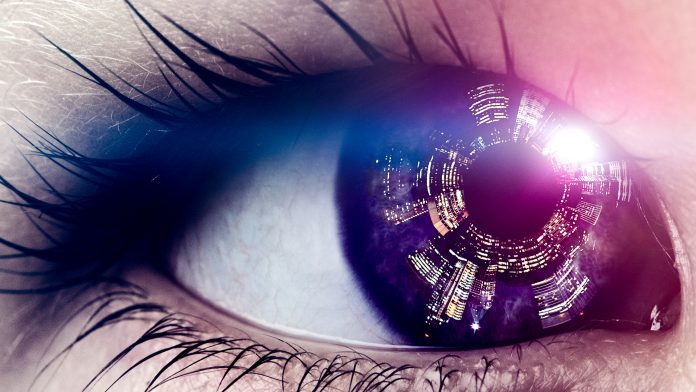
Innovative treatment has improved the vision of a patient suffering from the rare syndrome, melanoma-associated retinopathy, affecting the eye – Can this therapy restore sight?
Reported in JAMA Ophthalmology, a team of researchers from the University of Surrey and Royal Surrey County Hospital, supported by the electrophysiology department of Moorfields Eye Hospital, UK, investigated a new approach in treating melanoma-associated retinopathy (MAR), a rare auto-immune syndrome occurring in patients with cancer, which can cause night blindness and progressive vision loss.
Explore melanoma-associated retinopathy
Researchers, working with a 73-year-old patient suffering with MAR, investigated if long acting steroid implants injected into the eye could improve vision and reduce symptoms. The implants slowly release fluocinolone acetonide, a corticosteroid, into the eye which prevent anti-retinal antibodies attacking proteins in the organ.
Current therapies to treat patients with MAR are limited in their effectiveness and may be harmful to some.
After one week of treatment improvements in the vision of the patient were detected and detailed examination of the patient’s eye revealed that abnormalities previously observed such as reduced electroretinogram recordings had partly resolved, which is consistent with improved inner retinal cell function.
Monitoring the patient over a three-year period, researchers found that vision remained stable with visual acuity remaining at 20/20.
Can scientists restore sight?
Simon Taylor, Professor of Ophthalmology at the University of Surrey and Consultant Ophthalmic Surgeon at the Royal Surrey County Hospital, said: “To our knowledge, this is the first time the vision of a patient with melanoma-associated retinopathy has been treated and significantly improved with long acting steroid implants. This offers a possible alternative treatment option to patients, whose quality of live is significantly reduced due to the symptoms of this debilitating ailment.”
The patient who underwent this pioneering treatment, adds: “Every day I am extremely grateful to have had this treatment. After being diagnosed with serious melanoma, and during treatment, I developed problems with my eyes: deterioration of my sight, discomfort and extreme disturbance. Prior to this I had enjoyed perfect sight.
“I am so thankful to Professor Taylor and the team at the Royal Surrey County Hospital for all the care I have received and restoring my eyesight.”























I suffer from MAR. I reside in Arizona.
My 77 year old husband has MAR, lives in South Carolina, USA and would like to know if he can be helped. Does anyone do this procedure here in the USA? My email is. ….. terriemann28@gmail.com
I suffer from MAR as well. Is there any help for this in the USA? Although this is an uncommon ailment I bet there are many who have it. How many people need to be inflicted with this horrible condition before some research is established? I guess it doesn’t pay for big pharma to get involved unless they can make billions. That’s all they care about, the bottom line.